‘Meatless Monday’ has taken off around the world. And now there are substitute ‘meats’ easily available in every grocery store. These plant-based ‘meats’ feel like meat, taste like meat, look like meat – but more often than not, are made of coconut oil, vegetable protein extract and beet juice plus flavourings.
Green sustainability
The demand for meat worldwide is not sustainable as large populations like China and India are fast switching from a predominantly plant-based diet, centred on rice and soy and greens or rice and lentils or chickpeas, to demanding the quantity of meat we in the West have consumed for so long.
To grow enough animals for this scale of demand, there is no way to do it without animal confinement operations (both unhealthy as well as cruel, in many ways). These animals must be fed by food grown further afield, and rainforests are destroyed to be converted to soybean crops and corn to feed this huge growing number of animals.
Most of the crop growing in the world is now grown, not for human consumptions, but for animals in feedlots.
Enter plant-based diets, by way of a solution.
The Problem
Most meat-lovers do not want to adopt plant-based diets.
Last week, I heard Prince Charles on the news, expressing his disappointment that our own Prime Minister was considering not attending the GOP26 gabfest in Glasgow next month. Here, guilt will be poured upon small countries like Australia who create less than 1% of the world’s greenhouse emissions (and which have so far met all goals for lowering emissions) – while the big countries like China, India and Russia, who create most emissions will not even attend.
In this interview, Prince Charles was telling of his own personal sacrifice to help the world’s green targets. He said he ate one meat-free meal a week – no meat, or even fish or eggs, and two dairy-free meals a week!!
So it is even catching on at the Palace!
But the average Australian is not so keen to do this as a regular thing.
The interesting thing is that Richard Attenborough who so promotes this way of eating in his shows does not practice it. Maybe he hasn’t yet found these plant-based ‘meats’ in his supermarket.
Interest is growing, however, and so: enter plant-based ‘meats’. Scientists are looking for ways to tempt meat-lovers too, to enjoy the benefits – both health and sustainability – of plant-based eating.
Food Safety
In the USA, about 76 million people get food poisoning each year. 32500 land in hospital from this. About 5000 die. These numbers of increasing each year.
The most common cause is contaminated meat and animal products.
The main bacteria causing these problems are salmonella, e coli and campylobacter. These are all gut bacteria, produced and multiplied in the intestines of animals. `They reach the food in faeces. Attempts to remove them during mass meat processing have proven impossible.
Chicken is the worst, all carcasses being soaked in a briny solution to supposedly ‘clean’ the dead bird, before being cut up and packaged. The briny soup becomes full of this bacteria. This also goes for organic chicken.

If you eat ‘meat’ that did not come from an animal with intestines, there is no way you can get a mouthful of such intestinal bacteria. Coconut oil or soybeans do not have intestines to grow it!
Nutrition Facts
Beyond Burgers and Impossible Burgers contain about ⅓ less saturated fat than a beef burger. They also contain no trans fats. This means lower heart disease risk.
- Fibre in a normal burger = 0
- Plant-based meat burger fibre = 2-3g.
- Fibre in split peas that were processed to make that burger = 20g
In other words, the plant-based burger refined the fibre out of the legumes.
The negative part is the salt. Plant-based ‘meats’ contain quite a lot of sodium.
Plant-based ‘meats’ health facts
Studies of meatless ‘meats’ from 1999 to today indicate that people who eat these products two times per week for only eight weeks experience lower heart disease risks. (Note: Seventh Day Adventists have eaten these products in one form or another for over 100 years.)
Choosing these ‘meats’ over real meat reduces hip fractures by 50%. But eating a whole food plant-based diet reduces them by 66%.
Girls who grow up eating these plant-based ‘meats’ over real meat experience later menarche (first period). The more meat eaten, the younger the first period. Earlier periods are linked to more breast cancer later in life.
The reality
I’ve cooked it for my husband without telling him. His comment: “I really don’t want to eat this much meat during the week”.
I’ve heard of vegetarian people returning their ‘burger’ to the waiter because an apparent mistake had been made and they’d been served a meat burger (no mistake – they couldn’t tell the difference).
I couldn’t fool my son though, who said – “There’s something funny about this spaghetti. I can’t work out what it is, but it’s different to the usual one.” (maybe it was the vegan cheese I’d grated on top….). The V2 mince is way different to the old TPG mince made from soybeans. This one has a meaty, juicy mouthfeel, which is great when making Thai ‘pork’ larb with all the spices.
As I said, I prefer to go full veg – with real foods only – but these fill a big gap in the market.
How to try plant-based ‘meats’
More traditional-style veggie ‘burgers’ are made of lentils, corn, carrot, sweet potato, beetroot – real foods. These are still readily available and I highly recommend them (watch the salt though).
I am talking here about the newer products – and these are highly refined and processed plant foods.
As a nutritionist, I recommend eating more REAL foods and fewer of these processed foods.
However, as the research shows, these processed foods still confer greater benefits from eating a lot of meat does.
These are great transition foods, and it is likely meat lovers won’t notice the difference.
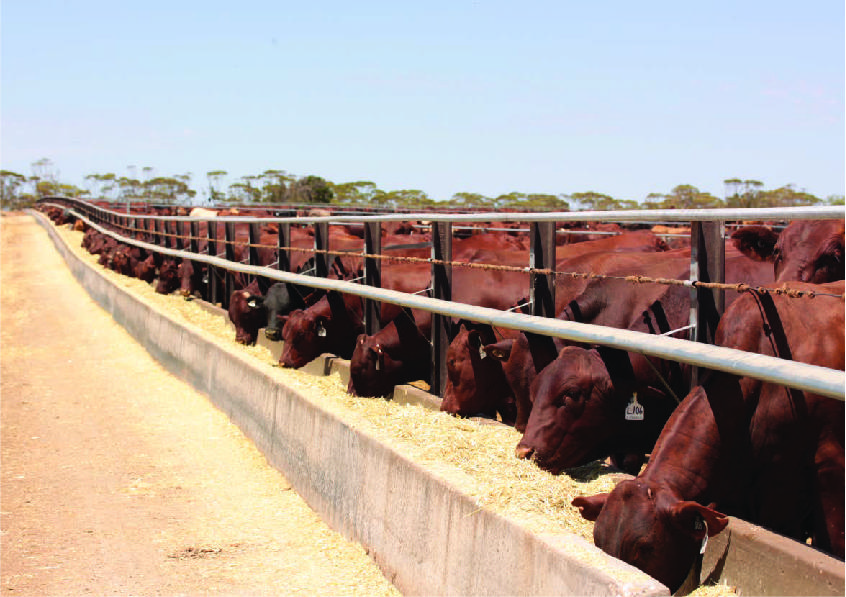
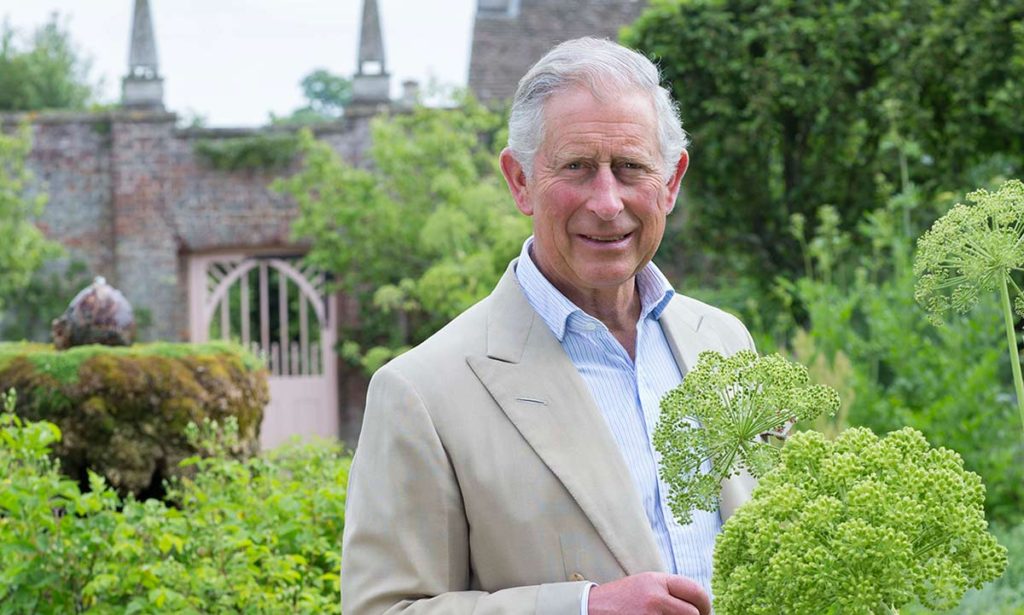
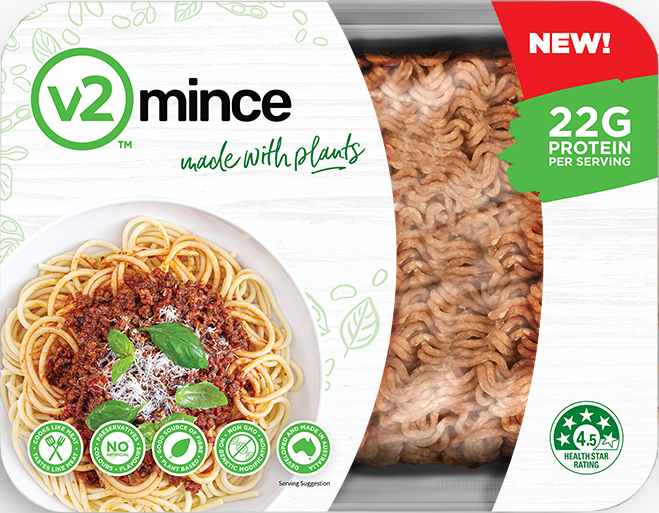
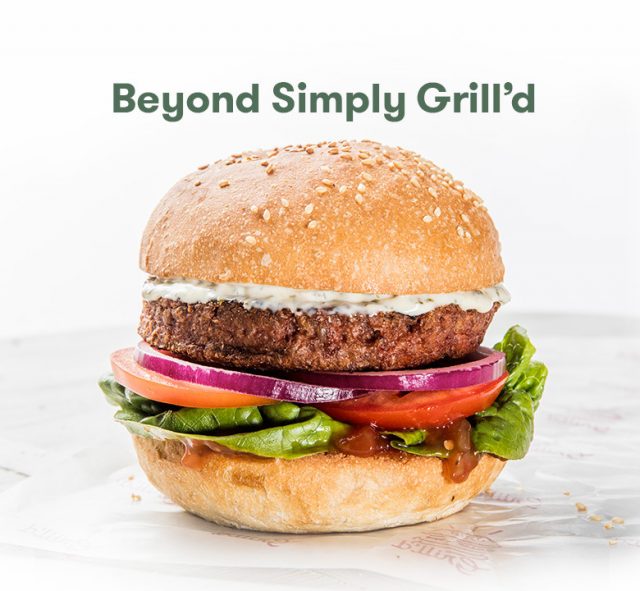
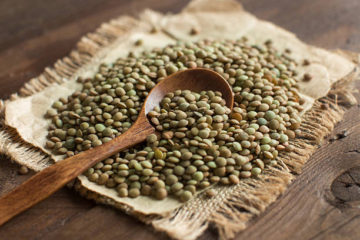
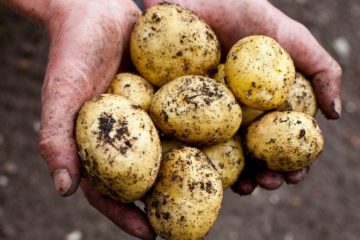
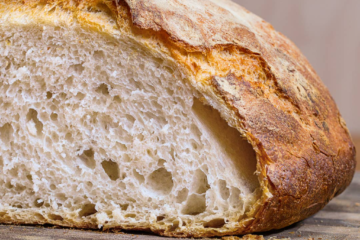
0 Comments